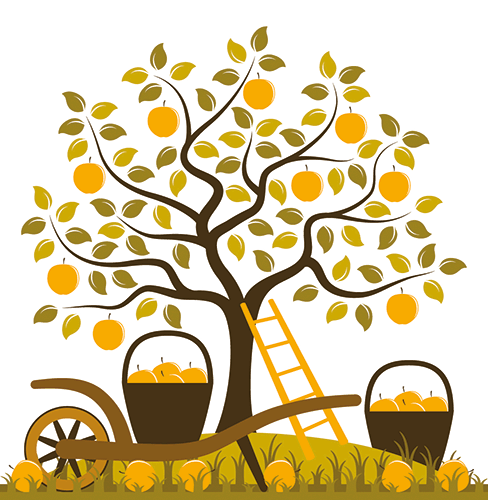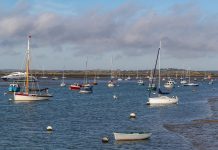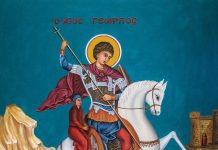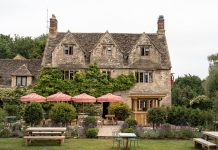Test your knowledge on the quirks of the English language against our resident linguist, Adam Jacot de Boinod.

Linguist Adam Jacot de Boinod was one of the original researchers for the BBC programme QI. Here he turns his attention to the quirks of the English language, and in particular the meanings of some of the oddest sounding phrases in our county dialects.
Test your knowledge of the English language by seeing if you can work out what some of the words and expressions that Adam has stumbled upon in his research really mean.
Can you guess the correct definition of the following West Country phrases?
1) Chinbowdash (Dorset dialect)
a) The tie of the cravat
b) To beat up batter for pudding
c) Pertaining to a puppet show
2) Griggles (Wiltshire dialect)
a) Curls that hang over a woman’s shoulder
b) Small worthless apples remaining on the tree after the crop has been gathered in
c) The four of clubs, held to be unlucky
3) Boris-noris (Dorset dialect)
a) Touch and go
b) Vigorously; with might and main
c) Careless, reckless, happy-go-lucky
4) Buddle (Somerset dialect)
a) To suffocate in mud
b) To play with one’s food
c) To make money by any means possible
5) Treseltrype (Somerset dialect)
a) The youngest of a litter of pigs
b) An old man given to telling anecdotes
c) A private coachman’s three-cornered gala hat
6) Loggers (Wiltshire dialect)
a) The corners of the mouth
b) Long strips of cabbage in broth
c) Lumps of dirt on a ploughboy’s feet
Read the answers
Can you guess the correct definition of the following Cockney rhyming slang?
1) Rifling (underworld slang 1885)
a) Said of a thief who hides himself under a bed in order to rob the house.
b) The moving of canal boats through tunnels by walking on the roof or sides of the tunnel.
c) Plundering dead bodies in the Thames and turning them adrift again.
2) Pannier (Inner Temple 1823)
a) A trial by ordeal that required a suspect to eat a piece of barley bread and cheese to test his innocence.
b) A robed waiter at table.
c) An officer appointed to keep the walls of a city in repair.
3) Shore-man
a) One who searches sewers for rats.
b) A hearse with seats for mourners.
c) A temporary customs officer hired because of his ability to be numerate.
Read the answers
Can you guess the correct definition of the following Cumbrian words?
4) Brauchin
a) A horse collar formed by stuffing straw into an old stocking.
b) The noise of thunderclap.
c) A decisive blow or answer that settles a dispute.
5) Cloggins
a) A game in which one player, face downwards or knelt down with his eyes covered, is struck by others in turn and must guess who struck him.
b) The wooden pegs used in the game of cribbage.
c) Balls of snow on the feet.
6) Swarth
a) A promise made to a child for the purpose of pleasing or pacifying it.
b) To spoil a child by injudicious petting.
c) The ghost of a dying man.
Read the answers
Related articlesUK’s top 10 Easter events 2015 |
Click here to subscribe! |
Download BRITAIN Magazine to your mobile today

 No mobile device? Purchase directly on Zinio for your desktop!
No mobile device? Purchase directly on Zinio for your desktop!





 © 2024
© 2024